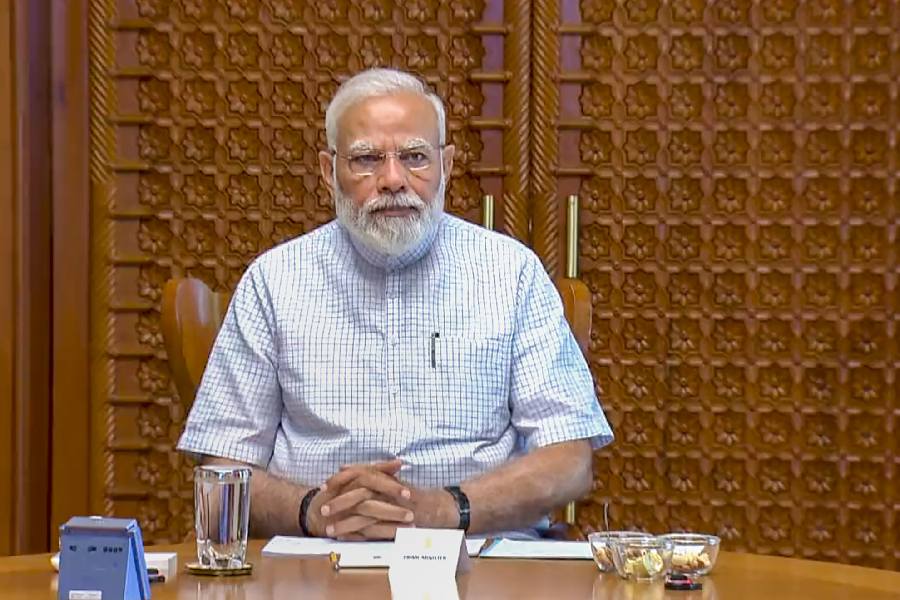Uniform laws for matters such as marriage, divorce, inheritance or adoption are undoubtedly a good thing. The Constitution mentions this as part of the directive principles of state policy. The multiplicity of interests and needs in India has so far prevented the formulation of a uniform civil code. But a long-standing dream of the Rashtriya Swayamsevak Sangh, this was one of the ‘core’ electoral promises of the Bharatiya Janata Party led by Narendra Modi. Having fulfilled the other two — Ram mandir and Article 370 — it was not surprising that Mr Modi should now articulate this goal loudly and clearly in Madhya Pradesh where elections are imminent. The Lok Sabha elections are approaching too. All good things have appropriate contexts. It is unfortunate that the context for the UCC is infused with mistrust, created by the BJP with its treatment of minority groups. The majoritarian nationalist ideology it shares with the RSS intensifies fears about the UCC’s implementation. The erasure of customs and practices, among not only minority communities but also tribal groups and different castes within the majority religion, would destroy the sense of identity and independence among many.
Although it is the Law Commission that called for people’s opinions on the UCC by July 14, the same commission had reported in 2018 that the UCC was not feasible at this time since diversity did not mean discrimination. That report alluded to the possibility of ‘disprivileging’ weaker groups. The immediate context of Mr Modi’s speech, however, was most intriguing. The need for the UCC became framed within a tirade against the corruption of the Opposition parties that seemed to be uniting against the BJP for the 2024 elections. Mr Modi declared that the failure to carry out the directive principle was entirely the Opposition’s fault. These parties incited the largest minority community against the UCC so that they could exploit it as a vote bank. The exploitation had left many in the community backward. More, even within the community, the most backward were ignored by the better-off. The prime minister appeared to have visualised the UCC pitch as divisive on multiple levels — between the Opposition and minority communities, as well as within the largest minority group. The BJP believes in division: hence its presentation of a uniting law is divisive too.











